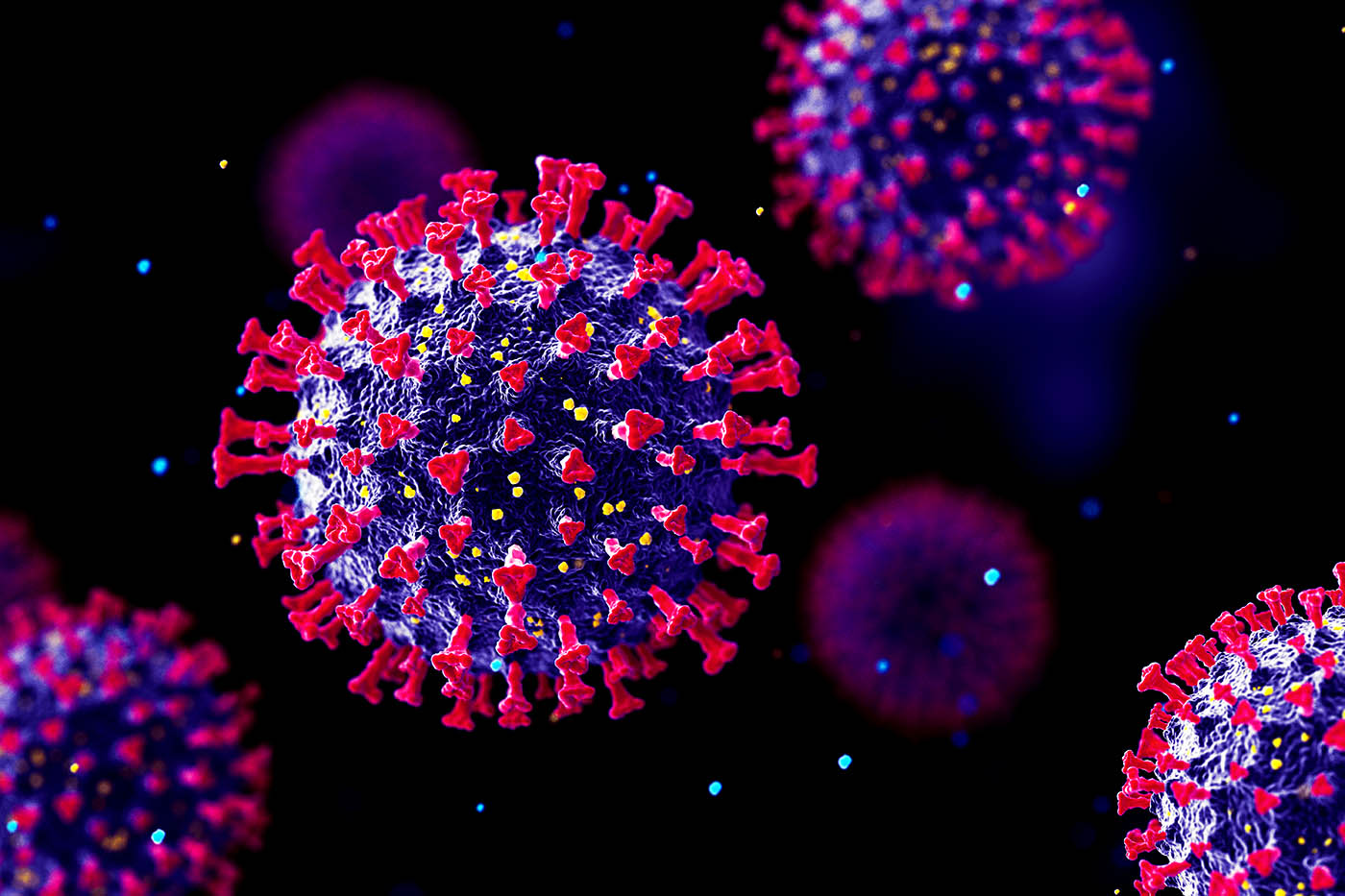Variants of the coronavirus have come to represent the ultimate danger: A curveball in our plans to bring an end to the pandemic that has ravaged our world and taken millions of lives. And here’s another one—omicron—that may embody the worst fear of pandemic observers, because it seems to evade some vaccine protections.
But a mutating virus might not necessarily be a specter of doom.
“If you think about a virus, what’s the purpose? What’s the virus trying to do?” asks Jared Auclair, who is an associate teaching professor of chemistry and chemical biology at Northeastern, leads the Biopharmaceutical Analysis Training Lab, and runs the university’s COVID-19 testing facility, the Life Sciences Testing Center in Burlington, Massachusetts.
It’s trying to stay alive, he says. And “if the virus kills someone, if it kills the host, it dies with the host. So it totally defeats the purpose.”
Read more on News@Northeastern.
Photo by Getty Images.

